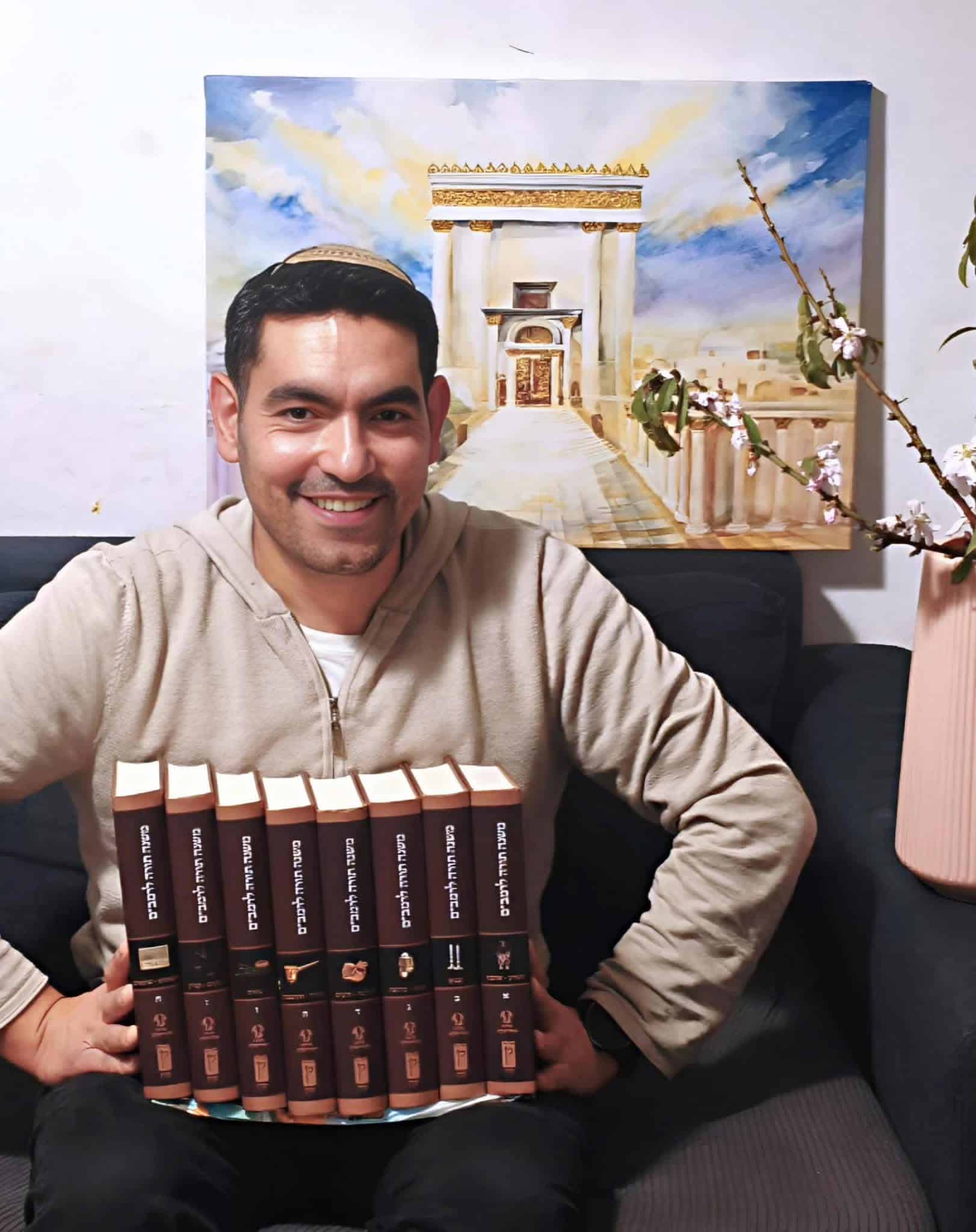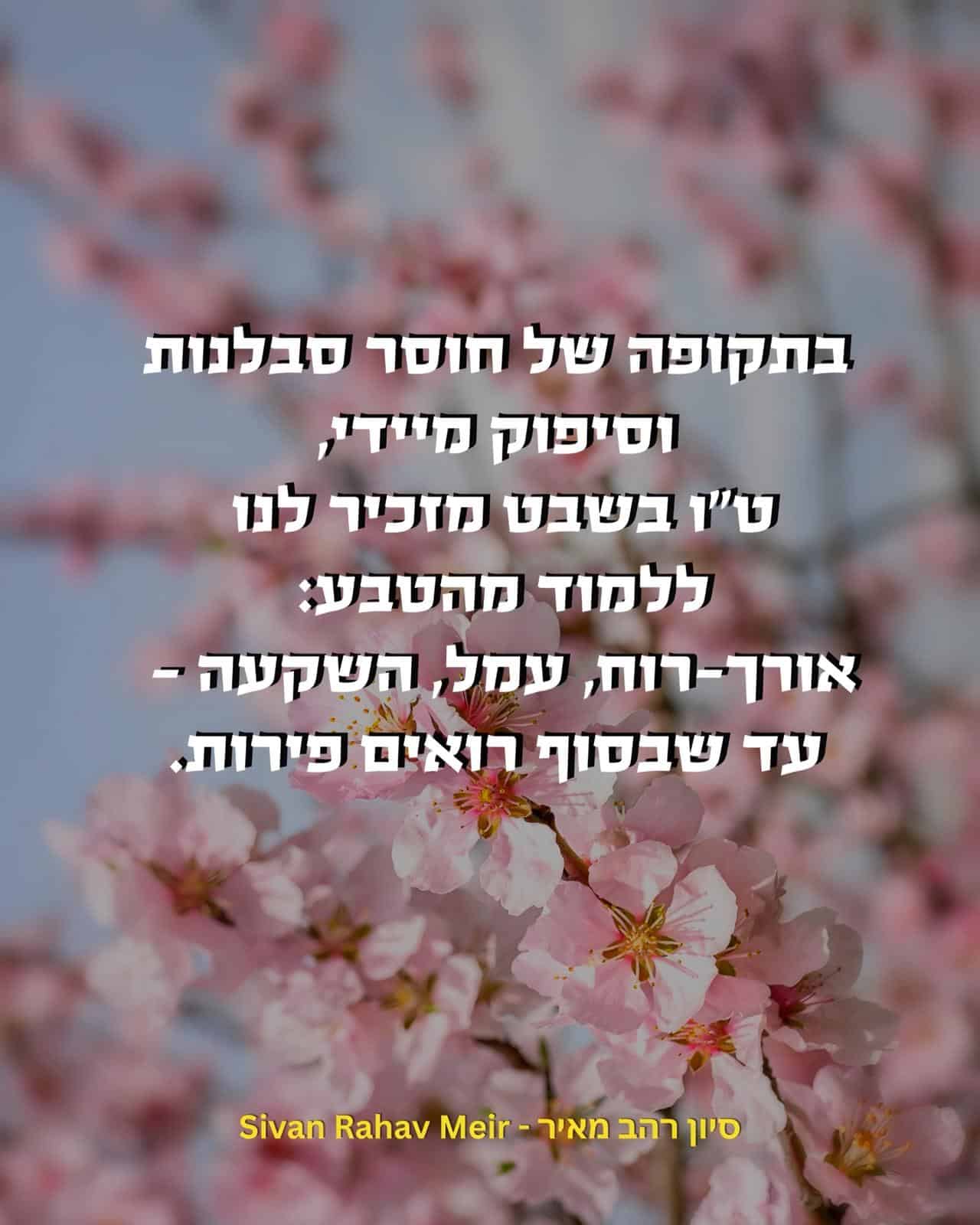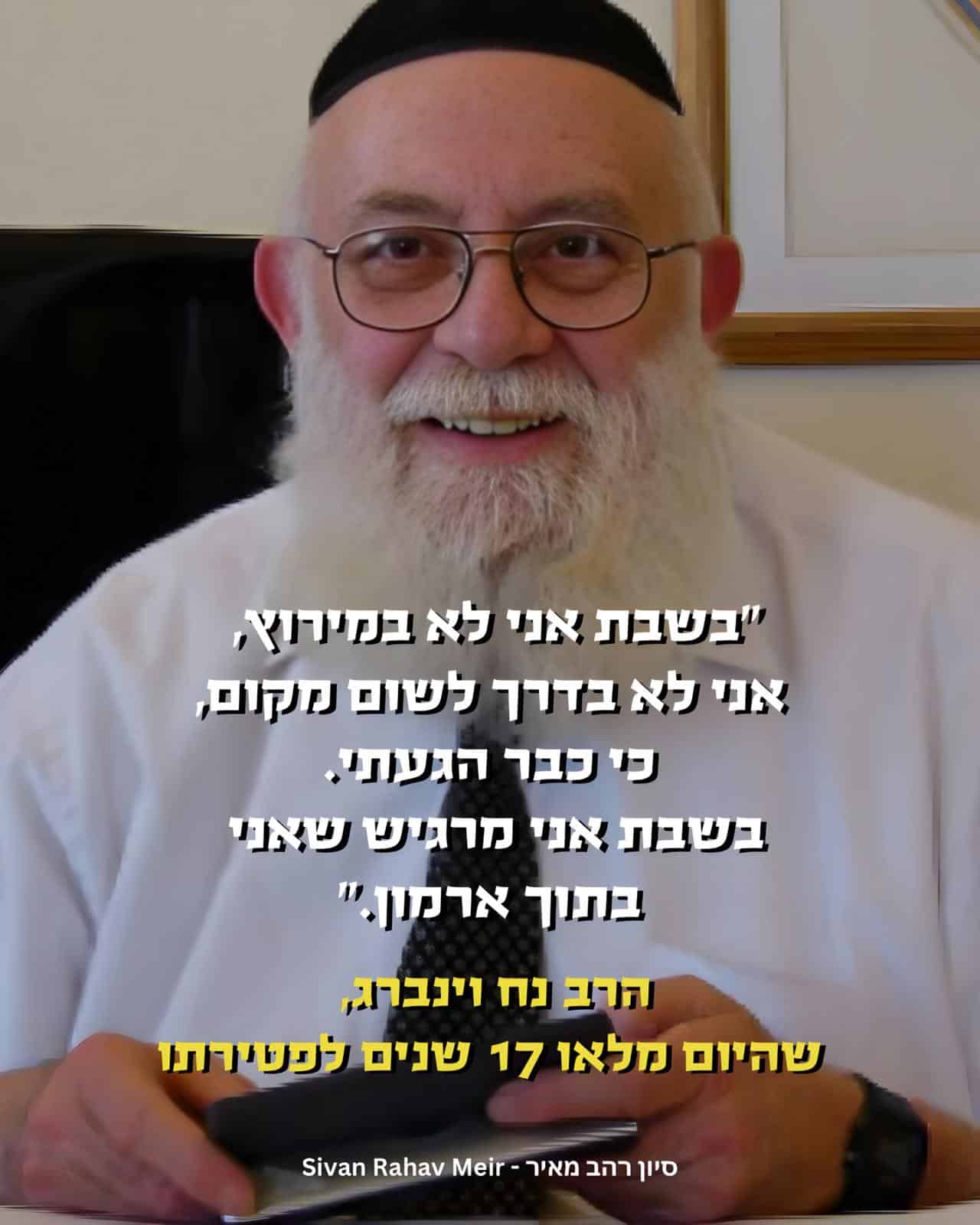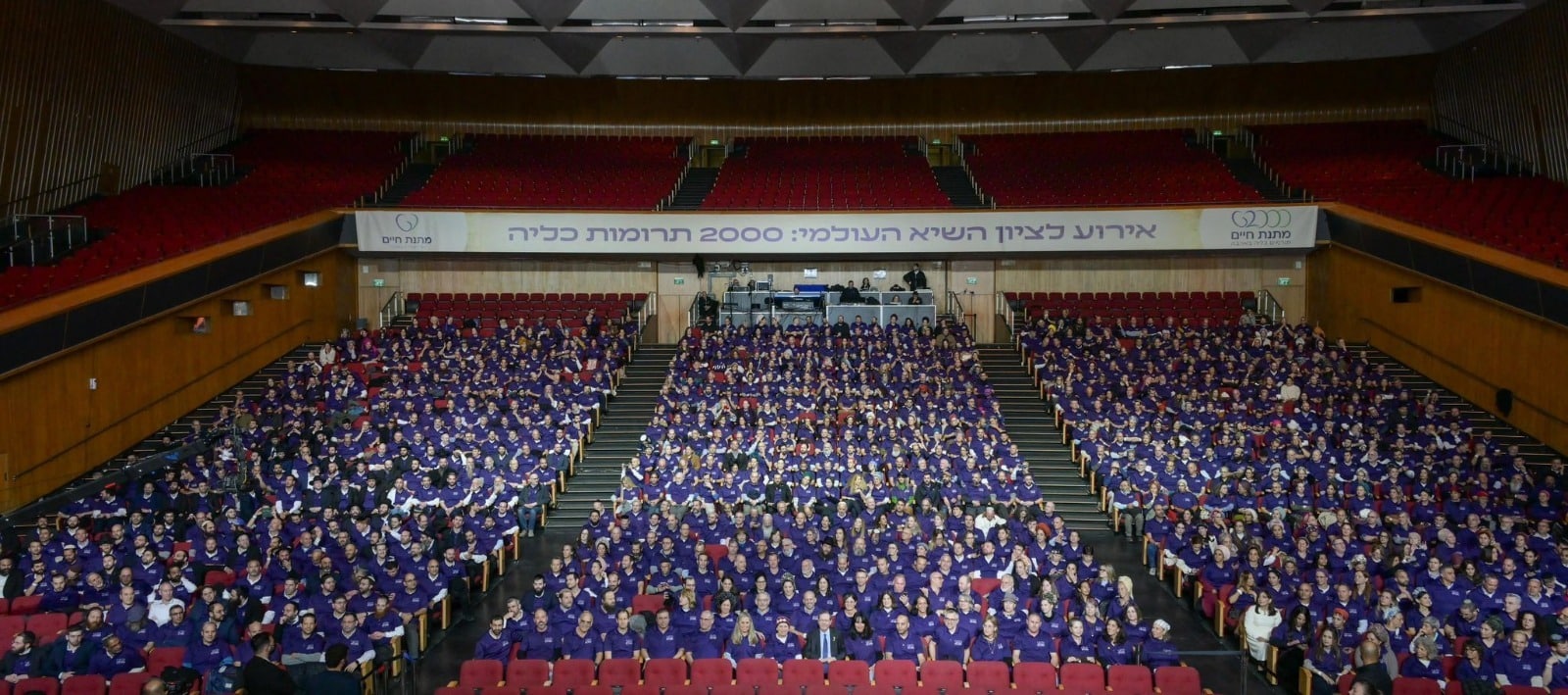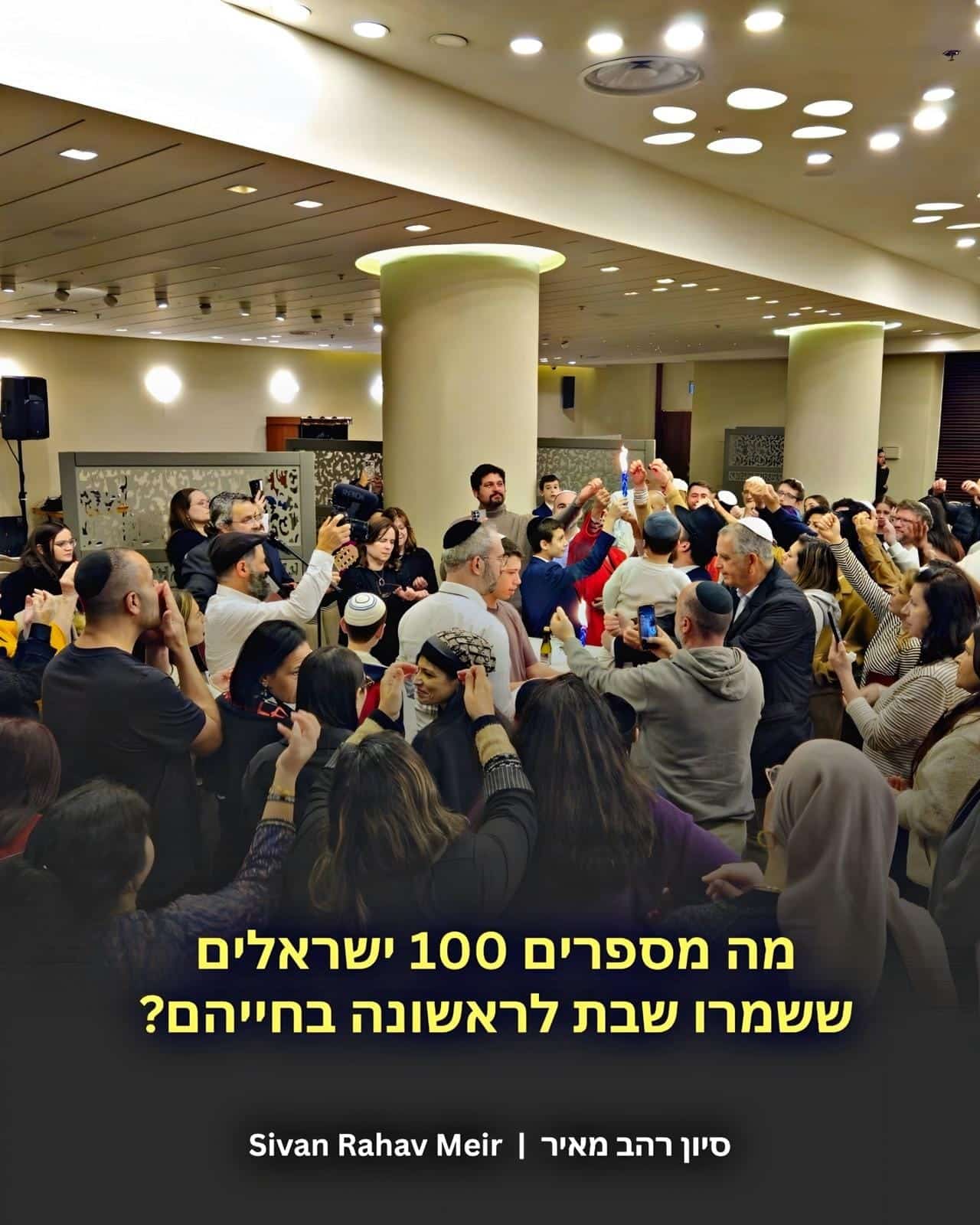* Translated by Janine Muller Sherr
1) Purim is over, which means that Pesach is approaching. In less than a month, we will be celebrating the Holiday of Freedom—THE night of the Jewish calendar. Our physical and spiritual preparations for the holiday intensify during these days.
2) This week’s parasha, Vayakhel, is the tenth parasha in the Book of Shemot. It is called “Vayakhel” because Moshe assembled the entire nation in order to build the mishkan, the spiritual center that would accompany them throughout their travels in the desert.
3) Moshe Rabbeinu assembles the people for a noble cause. Only a few weeks ago, the Torah described how the nation of Israel came together for a negative purpose—to worship the Golden Calf. Noting this important shift, our Sages teach us to pay attention to the people we associate with. Who are our friends? For what purpose do we get together with them—for good causes or less-than-ideal ones? Are we meeting to construct a “temple” or to build a “Golden Calf”?
4) Every year it’s astonishing to note how the Torah dedicates only about 30 verses to describe the creation of the world, and 400 verses to describe the construction of the mishkan by our nation in the desert. Our commentators explain that the Torah’s focus is not on God’s creation of the world but on what human beings do in this world and how they fulfill their mission.
5) However, it’s also important to know when to stop building; it is forbidden to construct the mishkan on Shabbat. In this way our parasha reminds us that we too must stop creating, building, and producing once a week in order to observe the holy Shabbat, the day of rest.


